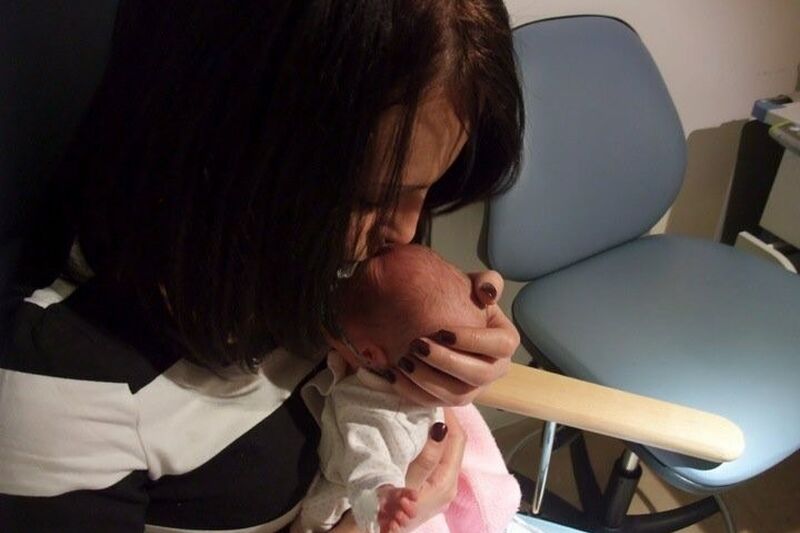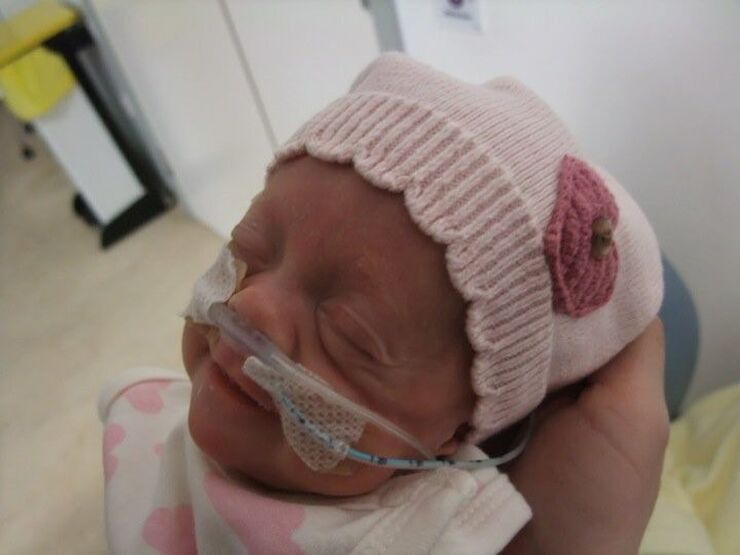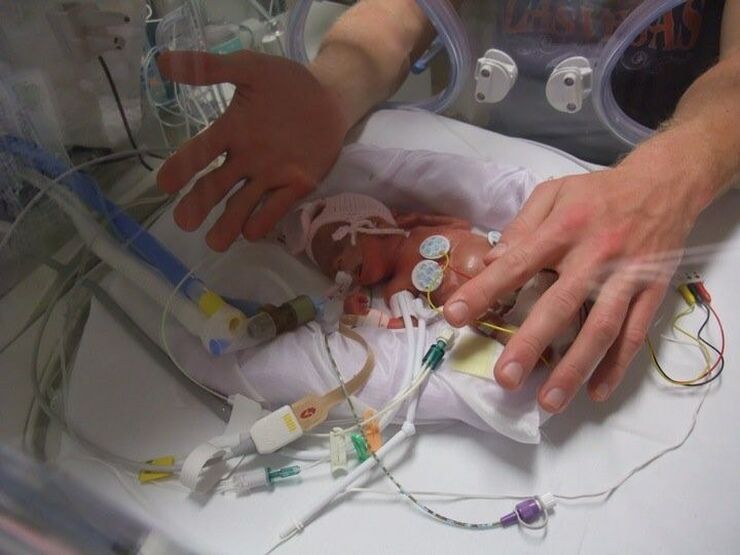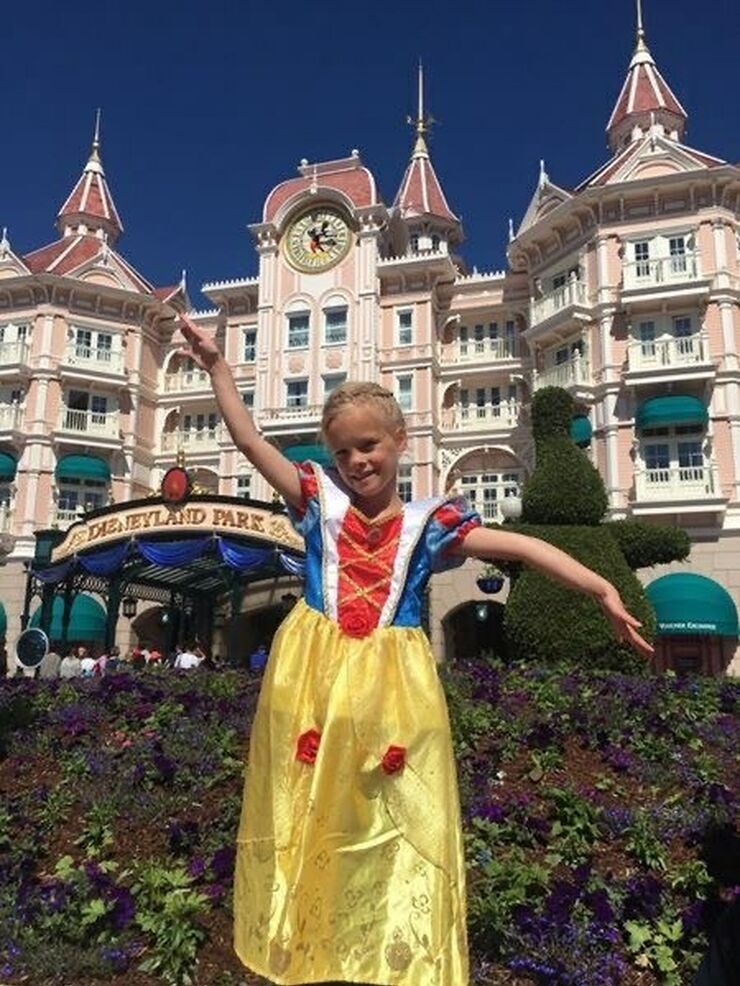7. Look at your baby and not at the machines.
I will never forget a lovely nurse called Sue grabbing my face and making me look at Tabitha and saying “if the worst happens to her do you really want to remember looking at a screen rather than your beautiful little girl?” It sounds harsh, but it was the best advice I could have been given because every second that I spent looking at Tabitha felt exactly the same as when she had kicked in my tummy.
8. Don’t be bitter.
I felt like the biggest failure in the world for not keeping Tabitha safe inside me. When I had my second baby, Nancy, I developed postnatal depression – not because of Nancy’s birth but because I felt the most horrendous guilt for ‘failing’ Tabitha. But, by Tabitha coming so early, we got a little insight into her tiny little world that we wouldn’t have seen otherwise if she’d have been inside of me. Looking back, I would change everything that she had to go through, but nothing about who she is. So it helps to remember how lucky we are to have her.
9. Don’t try to do it all on your own.
I was so overprotective and bitter that I hated the thought of even family members coming to see Tabitha. I thought she would be treated like another “piece of gossip” so I gave strict instructions that only family were to know she had been born and even stricter instructions about who could see her. I remember being really angry when people came to visit as they were taking away “my” time with her and would probably just go back and have a “good old chat about the tiny baby Sophie had failed to keep safe”. But that wasn’t the case at all. That thought even crossing my mind said a lot more about me than them. Everyone fell in love with Tabitha and just wanted to support me, Lee and Tabitha.



